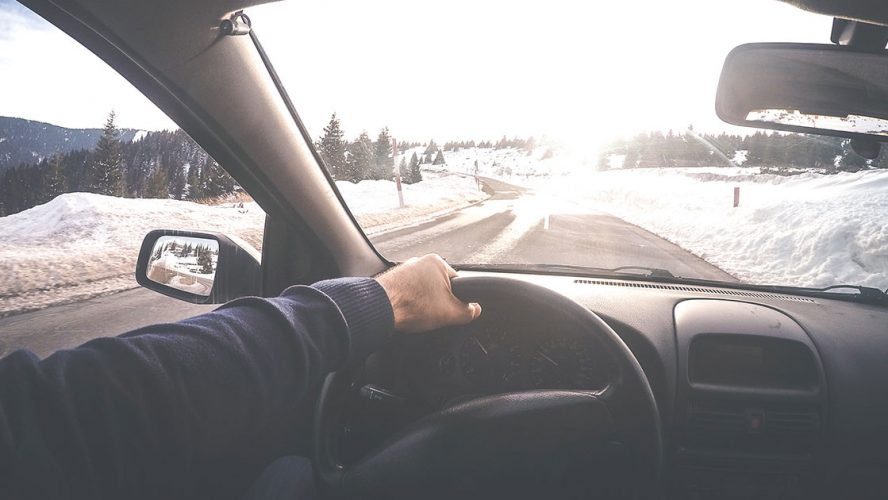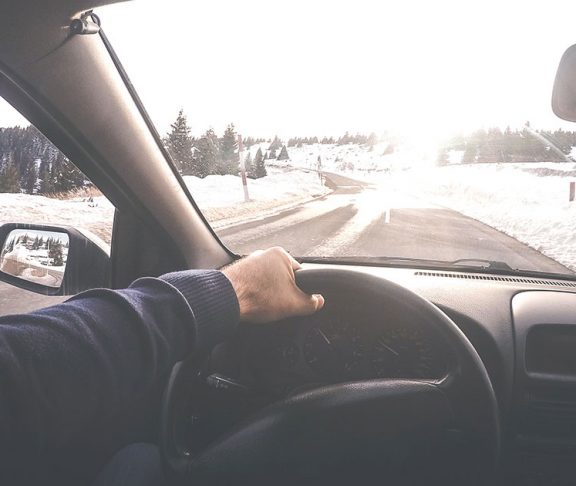When it comes to disaster preparedness, certain types of disasters are top-of-mind: hurricanes (especially this year), wildfires, tornadoes and floods. These disasters evoke a heightened sense of awareness and force us to think about how we’re prepared to face a severe weather situation. When it comes to winter weather, however, we often simply think of school closures and shoveling instead of disaster preparedness. It’s important to remember that being ready for winter weather is equally critical.
The Salvation Army Emergency Disaster Services responders know firsthand the challenges of winter weather emergencies. Each year, we respond to numerous emergency events, ranging from blizzards to power outages to stranded motorists along highways. In order to minimize the impact of such events, now is the time to start preparing.
Home safety
To better plan for winter weather in your home, you can follow these simple steps: have battery backups for electronics (disposable batteries, portable phone chargers, etc.). Keep flashlights, candles and other light sources accessible. Have a battery-powered NOAA Weather Radio on hand. Check portable generators to make sure they are serviced and operating properly. Have a communication plan for contacting family and loved ones.
If your home has a fireplace, make sure you have dry wood and matches on hand. Remember to never use appliances (i.e., your oven or stovetop) to heat your home. This can lead to carbon monoxide poisoning or cause a fire.
Travel safety
And don’t forget to be prepared for traveling in winter. Over the last few years, there have been many incidents that have forced road closures, stranding travelers for hours. Here are a few things to keep in your vehicle to help you be better prepared: blankets and/or a sleeping bag, bottled water, shelf-stable food/snacks, jumper cables, road flares/warning devices, a cellphone charger and/or a battery pack, rock salt and/or de-icer and a first aid kit.
When you find yourself stranded, remember that fuel is your best friend. Whenever possible, conserve fuel by running your vehicle only when necessary to keep warm.
Following these tips will help you be better prepared should a disaster occur this winter.
Robert Myers III, Director, Emergency Disaster Services, The Salvation Army of Eastern Pennsylvania, [email protected]

